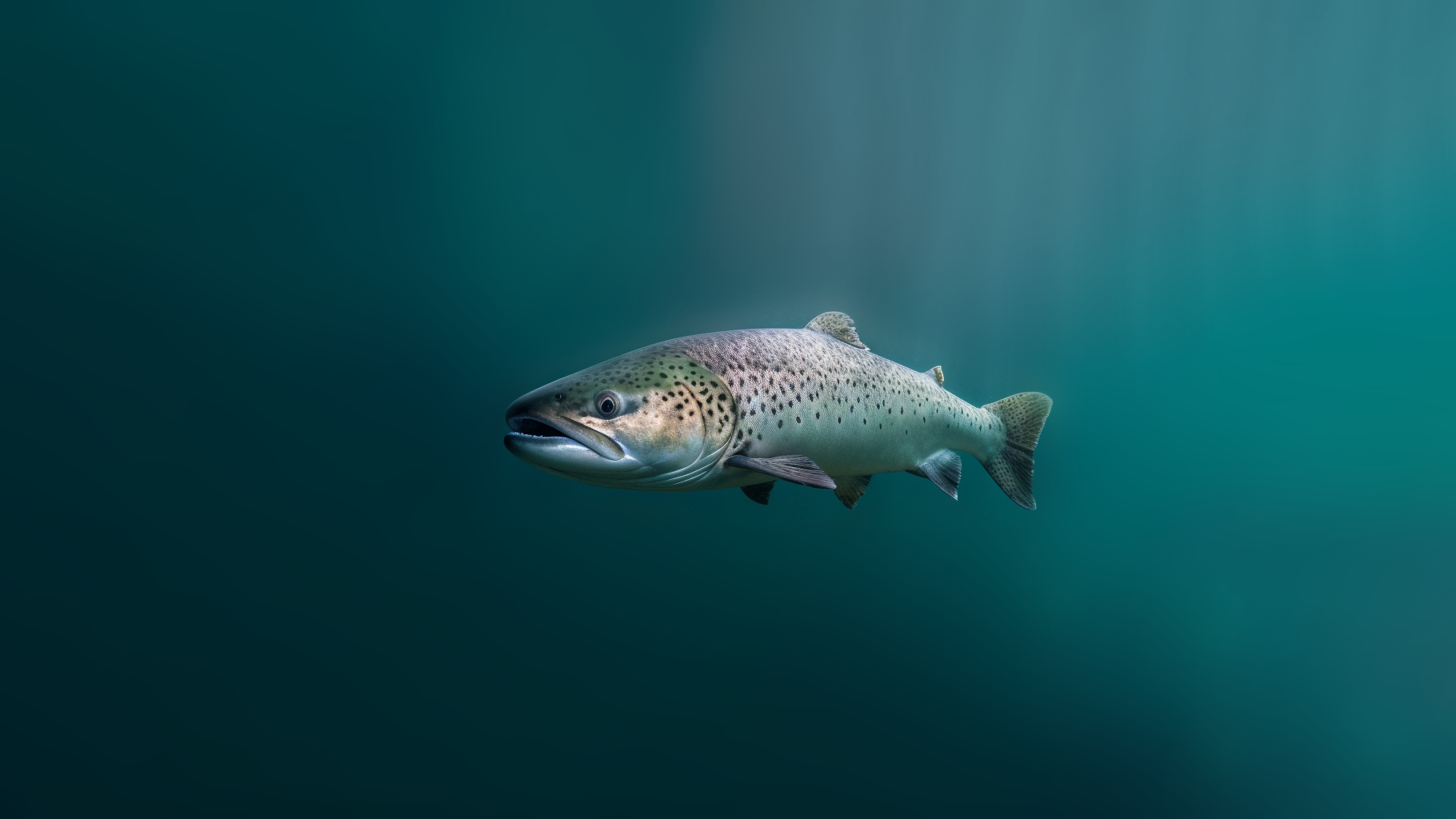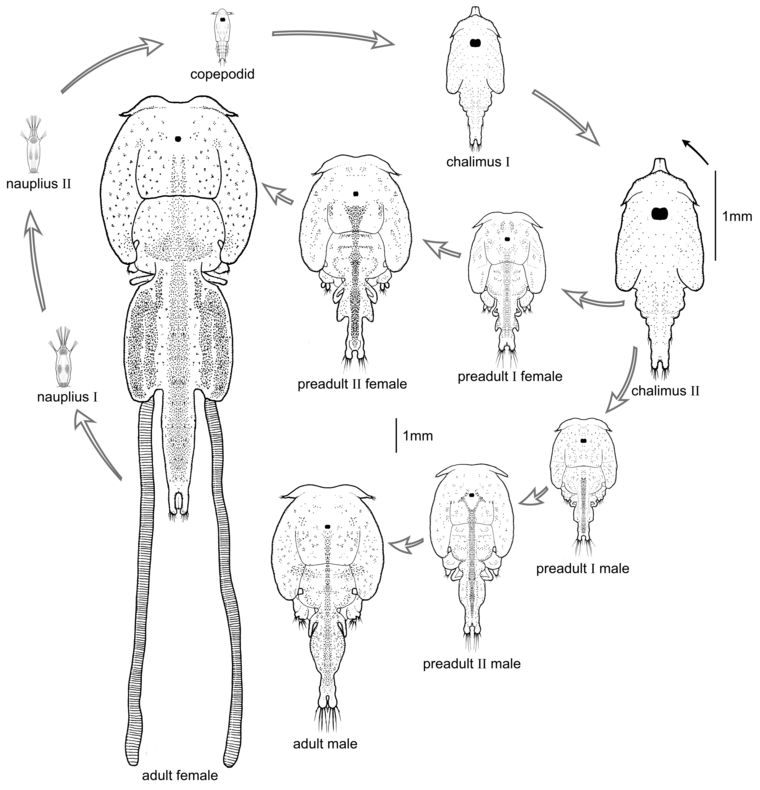Lice control
As a company committed to sustainability and improving fish welfare, we at AKVA group are proud to offer innovative solutions for lice control in the aquaculture industry.

As a company committed to sustainability and improving fish welfare, we at AKVA group are proud to offer innovative solutions for lice control in the aquaculture industry.
AKVA group are committed to developing sustainable technologies for the aquaculture industry. Our focus is on improving fish welfare and solving environmental issues, such as the challenge of sea lice in the salmon industry. We work closely with customers, suppliers, and research institutions in various projects and initiatives aimed at improving sustainability.
One of the specific challenges facing the aquaculture industry is the impact of sea lice on both wild and farmed salmonids, as well as fish health and welfare. Salmon lice is a natural parasite found in the sea, and in aquaculture production, it is essential to control the parasite to avoid negative impacts on both wild and farmed salmonids, as well as increased costs for fish farmers. However, genetic resistance and environmental concerns have led to a decline in the use of medical treatments in favour of mechanical treatments, which can negatively affect fish welfare and production.
At AKVA group, we believe in preventative measures to control the lice situation at the sites. Our focus in recent years, particularly in 2021, has been on developing innovative solutions for lice reductions, such as Nautilus, TubenetTM and OptiCage. These solutions share the same principle of avoiding the meeting of the salmon host and salmon lice parasite. Research by the Institute of Marine Research (IMR) has shown that salmon lice thrive best in the upper water layers, and our concepts keep the fish in the deep-water layers, where they are less likely to come into contact with the parasite.
As a company committed to sustainability and improving fish welfare, we at AKVA group are proud to offer innovative solutions for lice control in the aquaculture industry. Our concepts are just one example of our ongoing commitment to developing sustainable technologies that benefit both fish and the environment.
